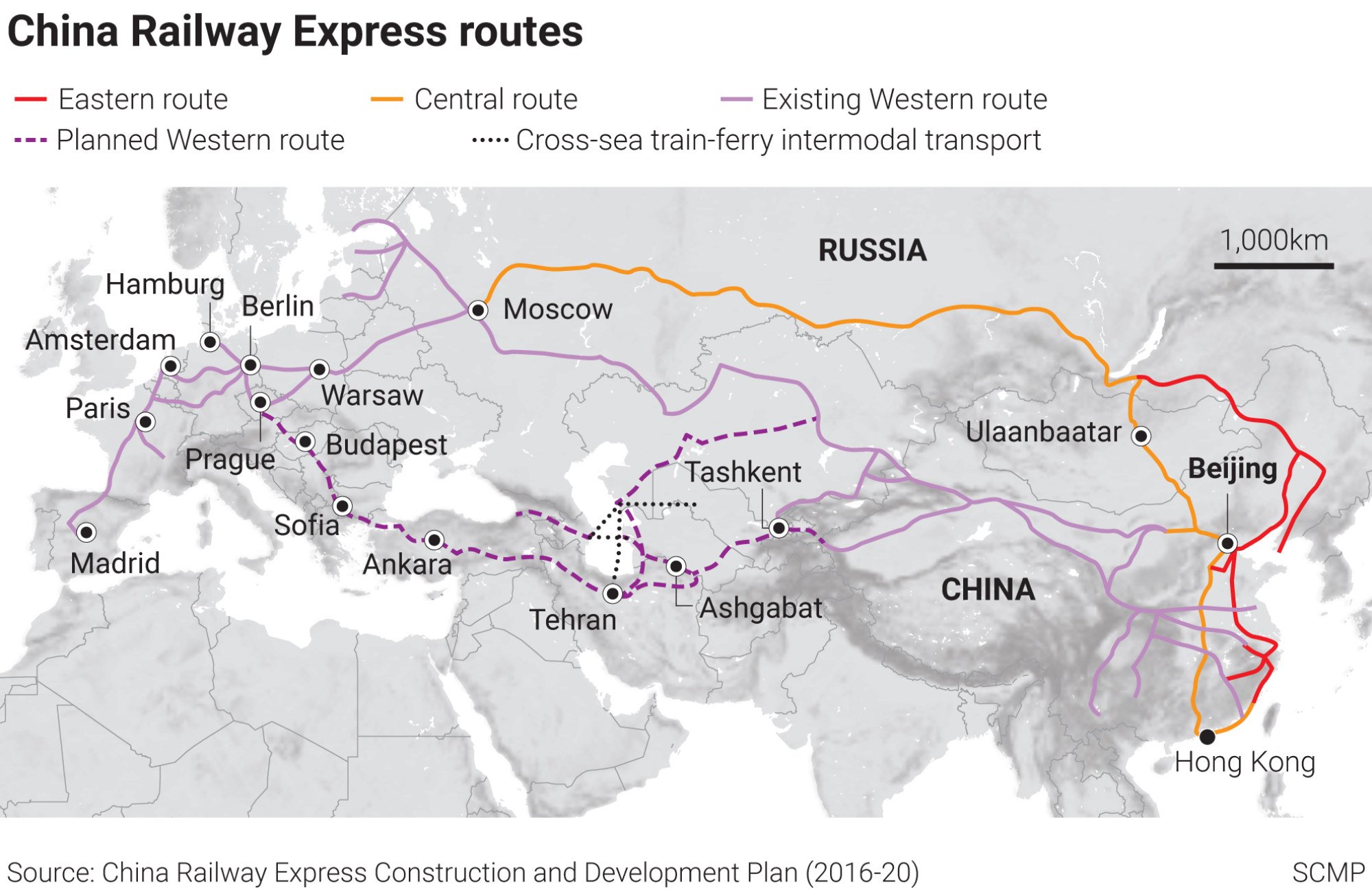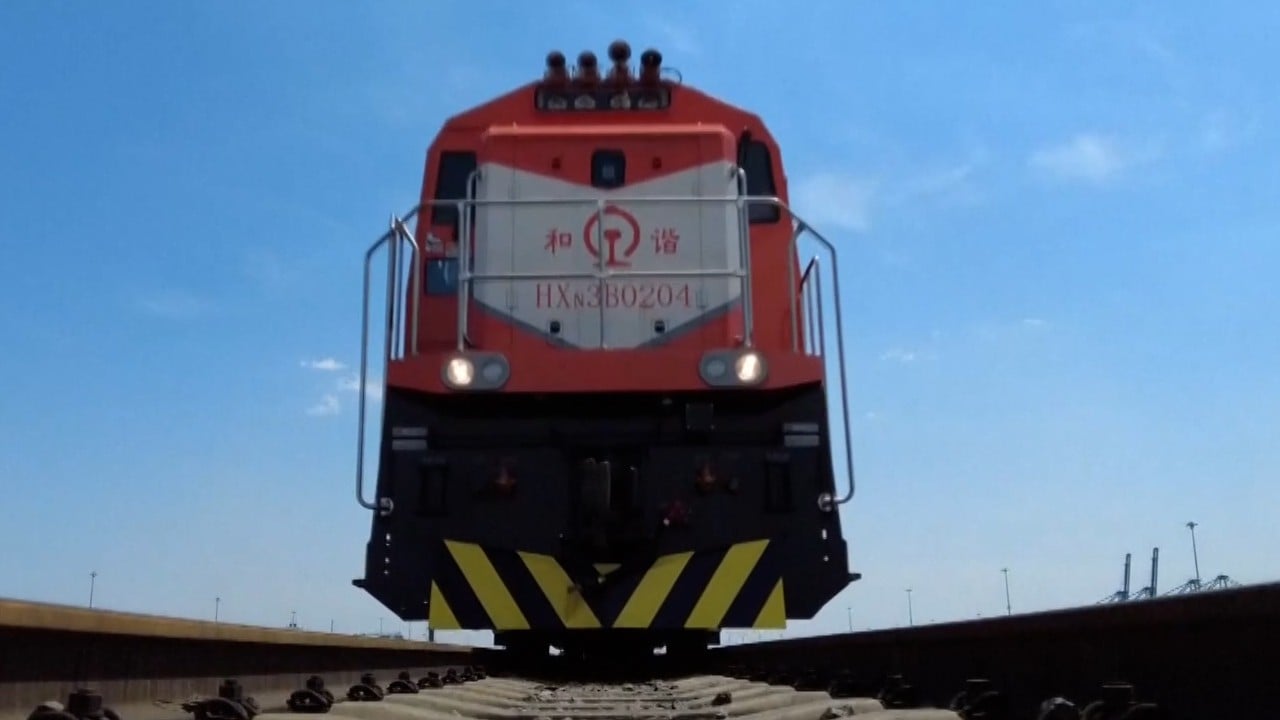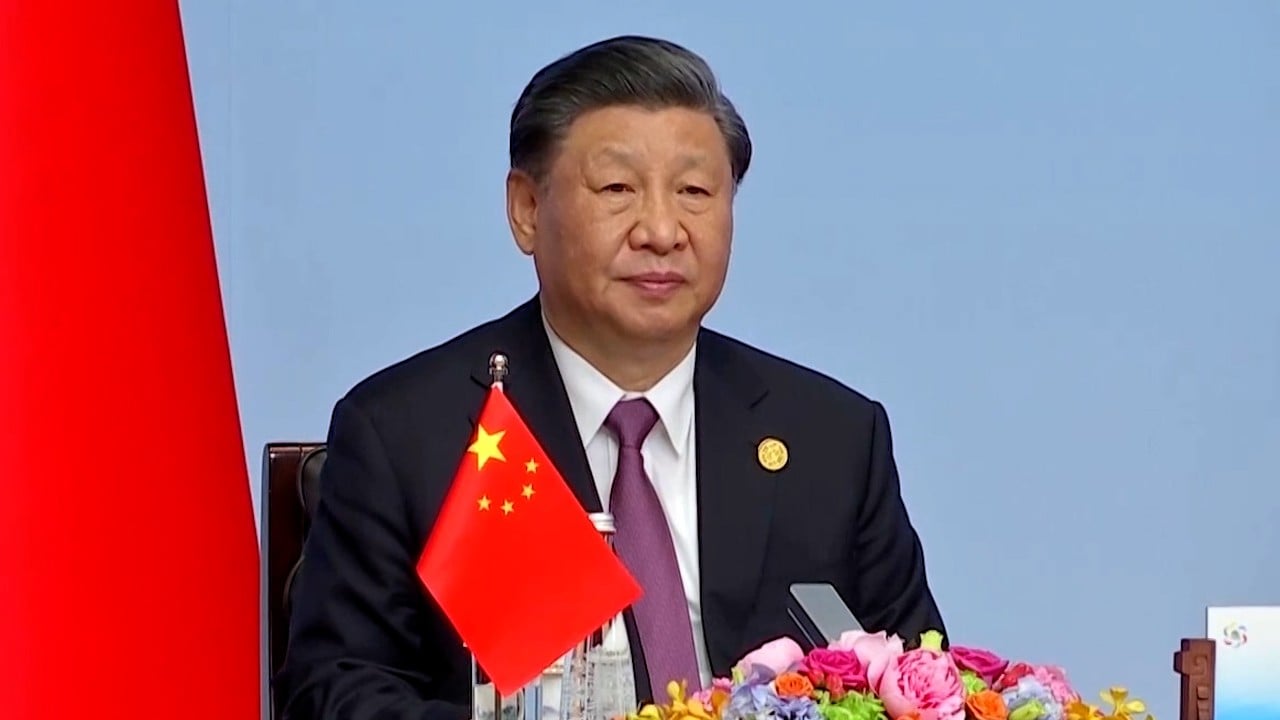In recent years, apart from China’s repeated attempts to review the project, Kyrgyzstan has also shown great interest in reviving the project. In 2020, then Kyrgyz president Sooronbay Jeenbekov stressed the importance of railways for the country, with the China-Kyrgyzstan-Uzbekistan railway the most strategically important.
Additionally, Kyrgyzstan sought to promote Russia as a partner for the track through a 3+1 format. Even so, little progress has been achieved since then.
Before the Russian invasion of Ukraine in 2022, Russian roads and railways served as major arteries for trade between China, Central Asian countries and the European Union. Following the Soviet Union’s collapse in 1991, the landlocked Central Asian countries inherited a railway network gravitating towards Moscow and, from there, to the rest of world.
Advertisement
With Uzbekistan, Kyrgyzstan and China showing more interest in the project as an alternative route, Russia has changed its long-held stance and no longer opposes it. Japarov reportedly brought up the project directly in talks with Russian President Vladimir Putin during the Collective Security Treaty Organization summit in 2022, with Putin giving his approval.
It appears the three countries have resolved various differences regarding railway routes, financing and gauges. While Kyrgyzstan had pushed for a route that would serve more populated areas further north, it has settled on a southern route instead. Although the official route has not been disclosed, a Kyrgyz National Railway proposal suggests the railway in Kyrgyzstan will connect to China’s Kashgar Rail Terminus in Xinjiang and Uzbekistan’s rail network in Andijan via the Torugart-Arpa-Makmal-Jalal-Abad corridor.
Also, a decision was made on the width of the railway track. Uzbekistan and Kyrgyzstan, like most post-Soviet republics, have a wide railway track of 1.52 metres, while China uses a narrow railway track of 1.435 metres. To address this issue, trains will change wheels at an unloading station by the Kyrgyz-Uzbek border.
Advertisement

Doing so would significantly reduce travel time, providing an alternative to the current Kazakhstan-Russia route. From Uzbekistan, the railway can connect with Uzbekistan-Turkmenistan rail to the Turkmenbashi port on the Caspian Sea or to the port in Baku, Azerbaijan, and onto markets in Georgia, Turkey and even Black Sea nations such as Bulgaria.
Advertisement
Amid an increasingly fractured and complex geopolitical environment, Beijing is continuing to diversify its supply routes and trade partners. To this end, the railway project is another step in stronger cooperation with Uzbekistan and Kyrgyzstan while also expanding its influence in Central Asia.
Genevieve Donnellon-May is a researcher at Oxford Global Society, the Asia-Pacific analyst for The Red Line podcast and a 2023 Pacific Forum Young Leader
Dr Zhang Hongzhou is a research fellow with the China Programme at the S. Rajaratnam School of International Studies (RSIS), Nanyang Technological University, Singapore
Advertisement




